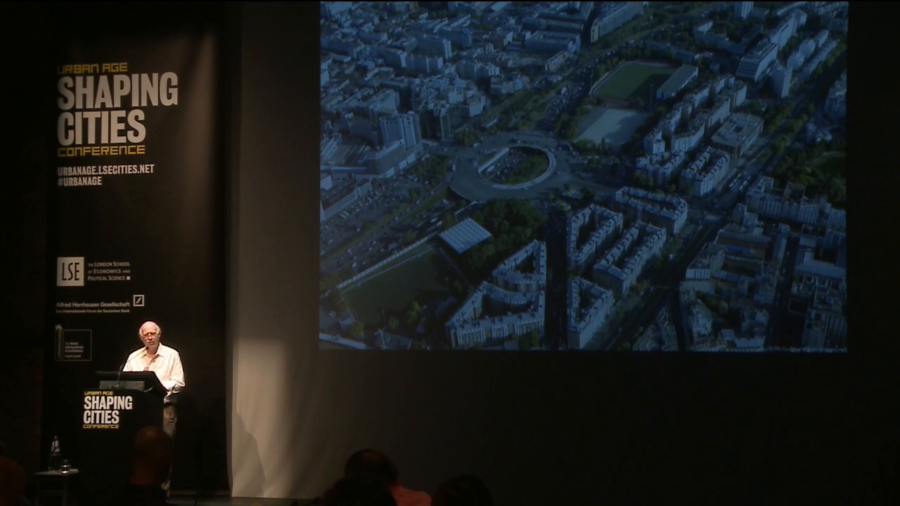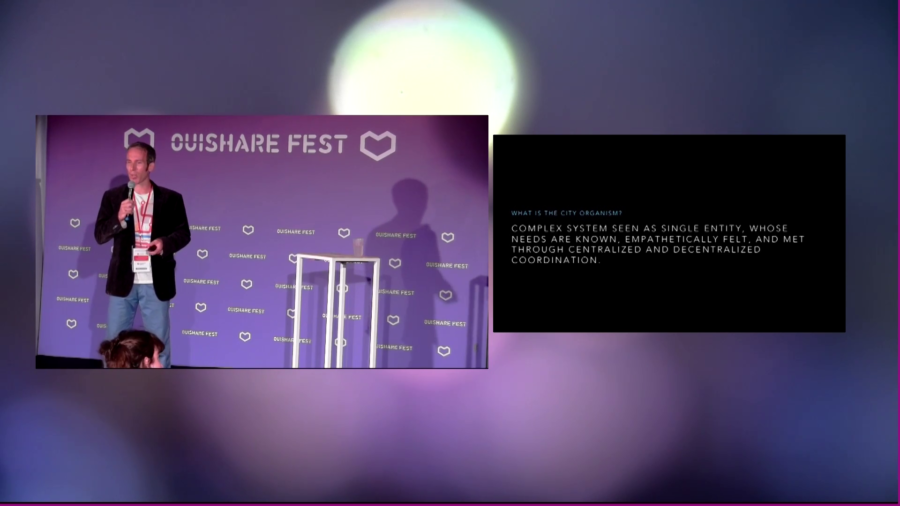In my view, what an open city means is that people are exposed to one another. That’s my idea of the open city, that it’s a place where physical presence with the other, and comfort with the physical presence of the other, does the work of allowing people to live together even if they are not engaged in the process of negating their differences.
Archive
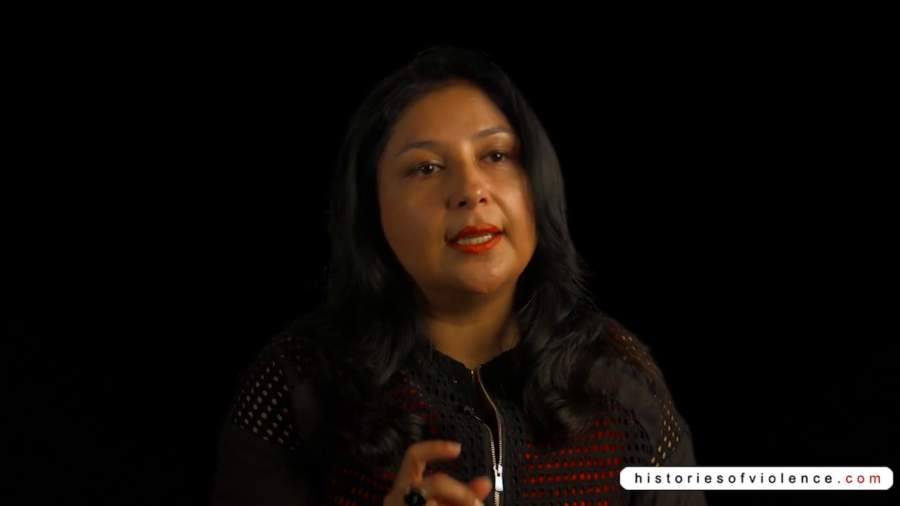
I think what is particularly striking about the question of disposable lives in the 21st century is what seems to be a new global common sense about poverty, the ways in which poverty and particularly poor others have become visible. And how that in turn, particularly for millennials in the Global North—college students, young professionals, so-called ordinary global citizens of the world—how this has mobilized them to action.
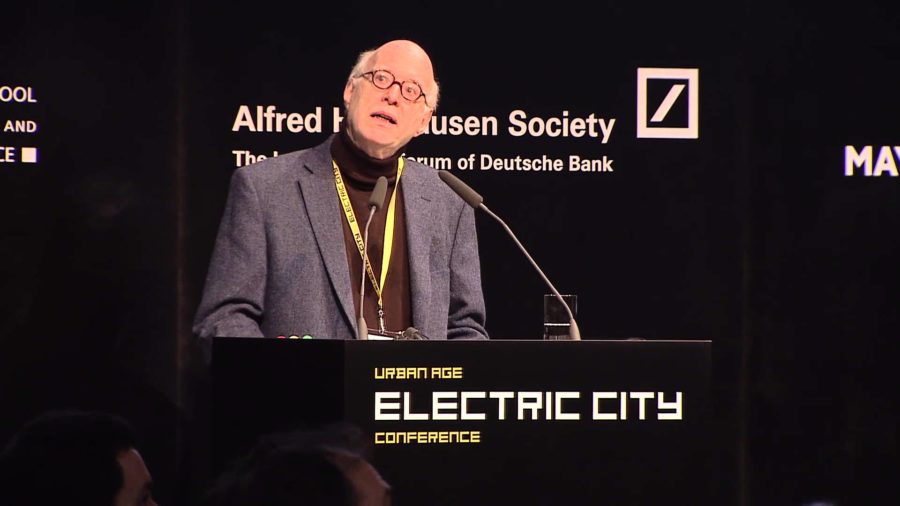
What I’m worried about is that with the technological tools that we have today, as in the past, our first use of them is the least inventive that we can make. And the issue is how urbanists can actually use these new tools well rather than use them in a way which is harmful.
To me…we all draw our satisfaction from what we ourselves have been able to do with our lives. And if somebody, some government or someone else is just giving to me, I’m not going to be a happy person.
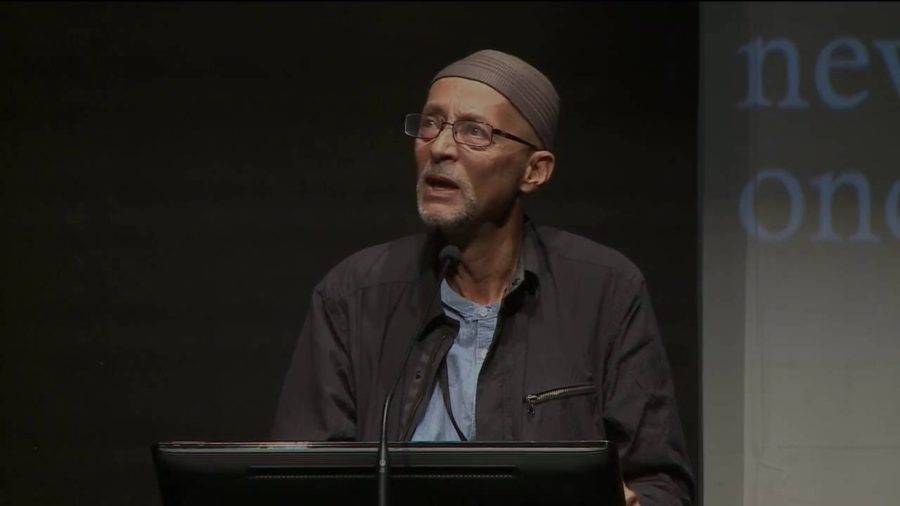
There seems to be a rush to exceed time, to produce urban environment and sociality for which we have no language, something that goes beyond speculation, something cut loose from having to make sense now. The city cut loose from what it had embodied or promised.
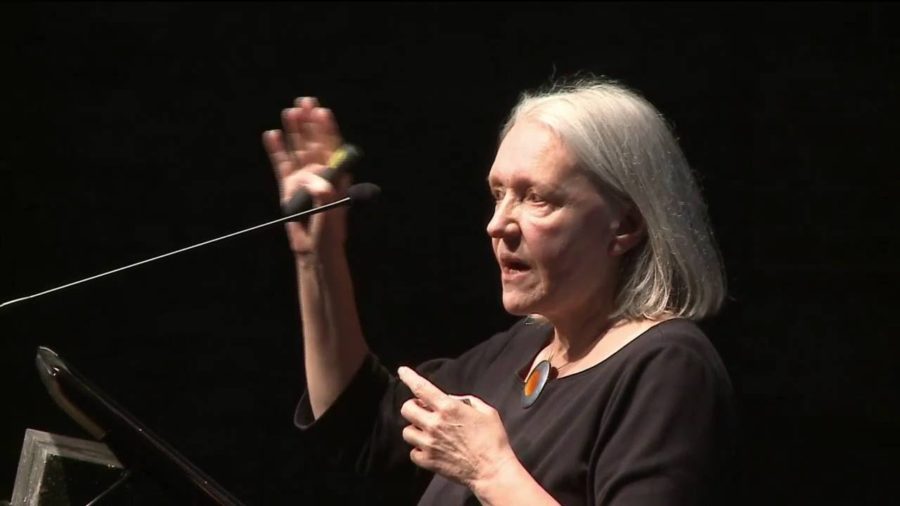
For me a city…is a complex but incomplete system. And in that mixity of complexity and incompleteness lies the capacity of cities to have very long lives. Much longer lives than very powerful corporations, which often are very closed systems.
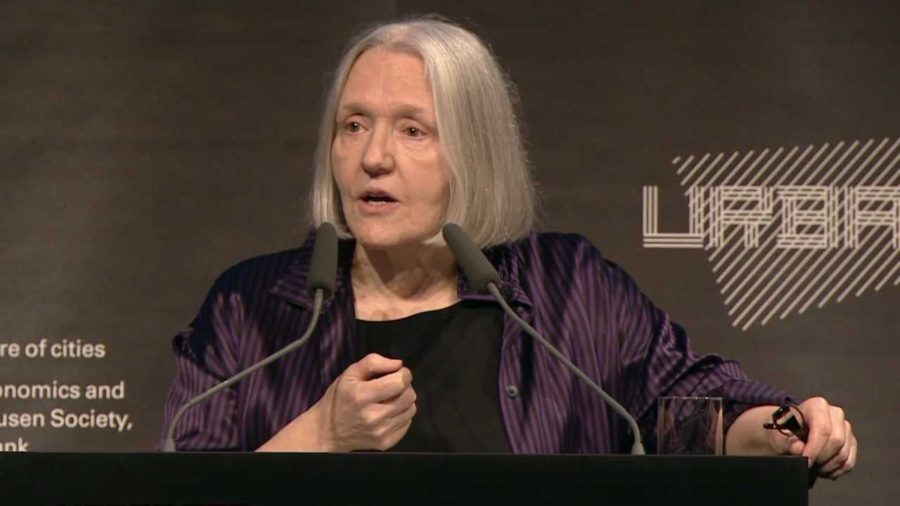
Cities have become sites, places, for massive deployments of increasingly complex and all-encompassing technical systems, some of them good, some of them dubious.
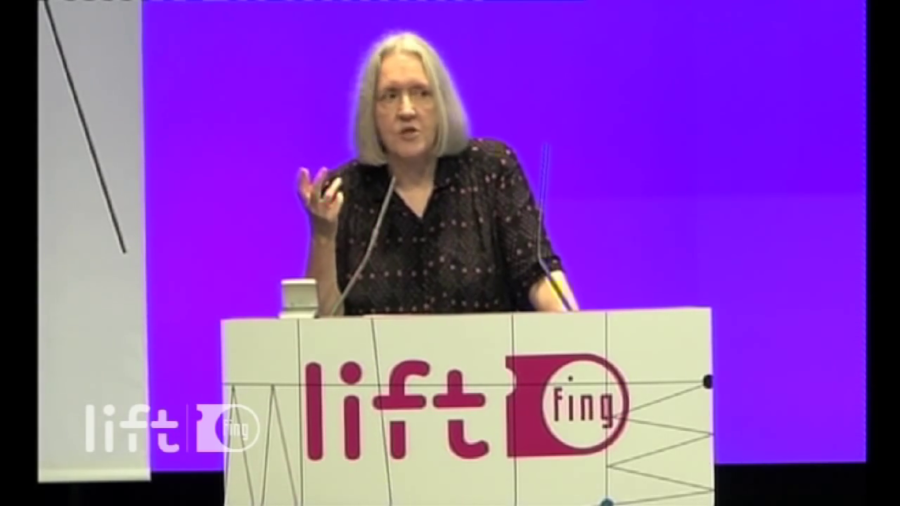
For me, the notion of urbanizing technology really is part of a larger sort of effort that I’ve been working on for a very long time. … [T]echnologies that enable interactive domains deliver, give, their technical capacities through ecologies that are more than just the technical capacity itself.

